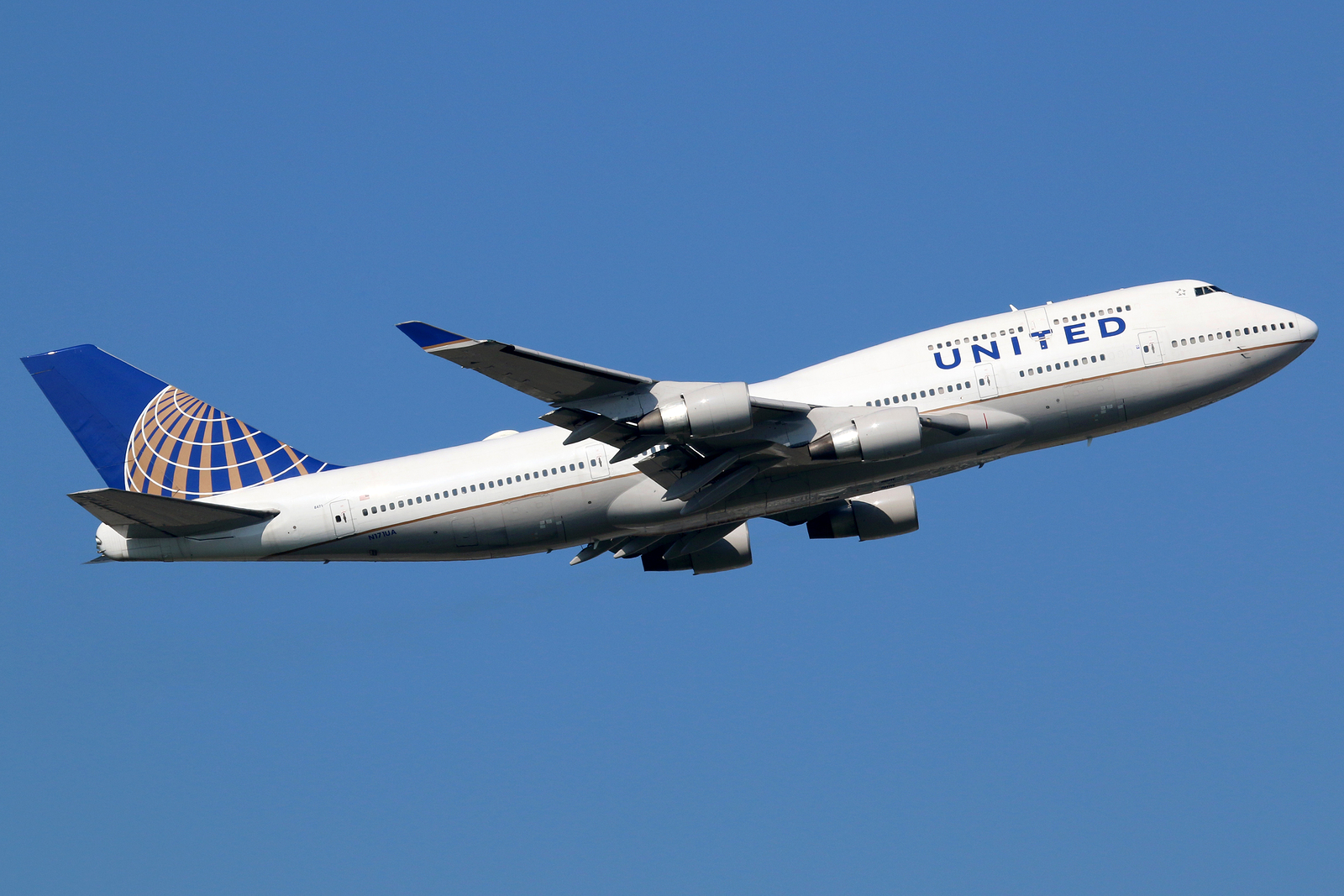My Opinion On The Recent United Award Changes

In case you missed it, United announced changes earlier this week, including charges to award fees and the elimination of some valuable fringe benefits on the award chart.
After having some time to consider the changes, I’m perplexed by both the structure and timing of the announcement. There are questions both from a customer perspective and from a business perspective.
Customers Who “Win”
Using the term “win” here loosely, customers without any elite status and those with lower status make out better on redeposit fees. Where they used to get whacked $200 per person to cancel an award and redeposit the miles they now get charged $125 within 60 days of travel and $75 more than 60 days prior to arrival. I imagine most cancellations happen within 60 days of booking, so I don’t think the $75 fee will come into play nearly as much as the $125.
The change fees for regular members still do go up, but since the drop from $200 to $125 on redeposit fees seems to be the biggest alteration, I’d marginally score this a win for regular members.
Customers Who Lose
The only way I can see to score these changes a win for Gold and Silver members would be if they only canceled/redeposited awards and never changed them. In the case where a Silver member is changing an award between 21 and 60 days prior to departure, they now incur a $100 fee where they used to incur none. That’s a pretty stark change. Other elite members do similarly bad.
Why Now?
From a personal standpoint, I hate the changes to the fee structure. I’ve never used an around-the-world award, so that doesn’t sting me much. I don’t think many folks know/utilize the free add-on stopover now, so I don’t think this is a huge tax.
But, I just don’t understand why United is foisting this change on their members in October. I’m not a fan of changes mid-year for elite benefits. Award chart changes are different, since they affect all members equally. However, a member works all year to achieve a specific status level and should have a reasonable expectation that the benefits they earned will be available during the entire membership year they qualified for.
I moved some flights over to United last year to achieve the Premier Platinum level. The only reason I did it was to qualify for free award changes. On our most recent family vacation, I changed the tickets more than once, including twice within 60 days, as I improved our flights to meet our needs. Under the new formula, each of those changes would have cost me $50 per person, or $200 a pop for my family of four. That’s pretty meaningful in my book.
From both a customer perspective and a business perspective, an announcement in August for a change in October makes no sense. United is reinforcing the message that your benefits are only as good as long as they feel like it, not necessarily when they originally told you so. The airlines are getting more transactional in nature, moving away from reliance on their loyalty programs as differentiators. Even so, reducing benefits customers have already earned 4 months early can’t be a winning formula for future loyalty. It’s not like United is hurting for cash, with their most recently quarterly profit of over half a billion dollars.
The counter argument is that they’re a publicly held company and they’re supposed to return every dollar they can to shareholders. To that end, what they’re saying with these changes is that they believe the increased revenue they can earn over those extra 4 months (where they take away benefits they already promised) is worth more than the value of the loyalty they may lose from those same customers. Or, they never considered it at all. I don’t view either answer as the right one for shareholders.
“Rewarding” Their Least Loyal Customers?
Premier Platinum members see only fee increases in the new formula, where Gold, Silver and non-elite members see anything from a mixed bag to a (possibly) net positive for non-elite members. Did the executives at United really sit down and determine it was better to reward lower level elites and non-elites while increasing fees on customers who spent at least $9,000 with United last year (or spent a considerable amount on their co-branded credit card)?
From a business perspective, I can’t see how that sort formula makes sense. If I had to take a guess, I’d imagine the justification for the new Platinum change fees was that United looked at the fee chart and determined how much they thought various customer groups would bear without too much complaining.
That leaves few explanations for the drop in certain fees, other than they expect to capture much more revenue by moving the hurdle to 60 days from 21, such that they threw in some reductions in that territory as the”sacrificial lamb” they could point to as a new customer benefit.
Changes Without Recourse
These sorts of changes, and they’re timing, suggest that United believes it can make changes without losing substantial revenue. They may assume elite members won’t go elsewhere. They may also assume that an elite member leaving is replaced by an equally high value customer. If that is their assertion, I doubt there are enough “free agent” elite customers willing to change loyalty programs. Many business travelers are “hub captive”, meaning there’s only one logical choice of airline amongst the big 3 for them. I don’t believe there’s a significant pool of non-elite customers who will pay what United charges, especially on non-stop routes where they have little competition. Those customers are more likely to be basing much more of their decision on pricing.
Bottom Line It For Me, Ed
United is obviously aware of folks who leverage the free stopover to get more mileage out of their awards. Heck, they took the time and marketing dollars to conceive the name “Excursionist Perk” to redefine the watered down benefit. That change and the elimination of around-the-world awards was expected given what their competition has done here.
The fees are another matter. Hidden under the cloak of a better booking engine that will simplify things for customers, they made the decision to announce these fees mid-year, impacting the loyalty benefits customers have already spent significantly to earn. All signs point to the fact that United believes it can make the changes without negatively affecting customer behavior. Until elites leave en masse, they probably can.
I’m not pleased that I’m losing some of the benefits I had earned for this year. I’m not quite far along with re-qualification that I couldn’t pivot. For now, I’m left with the following two action items:
- I’m going to sit down with my calendar and calculate all of my remaining flying for the year. If I can’t conceivably make it to 100,000 PQMs, I’ll divert all other flights elsewhere. The difference between Gold and Platinum is slim.
- I’m going to start booking all of my airline tickets for the rest of the year on my Hyatt Credit Card instead of my United card. Both cards earn 2 points per dollar for airline ticket purchases on United (Hyatt offers this benefit for all airline purchases). I have more faith in the value of my Hyatt points than in United points, even though I may value the United miles slightly higher. I’ll still put the required amount on the United card next year to get my PQMs, but I’ll put it in a drawer after that.
Moving most of my credit card business away from United isn’t even a drop in the bucket for them. My high-priced tickets I buy close to departure is more meaningful, and I’ll likely end up giving them less of that in the future unless I go all-in on 1K (or American follows suit on fee increases on high-level elite customers).
I might be losing some short-term value swapping some United miles for Hyatt points. Where I used to see Unite miles as a pretty consistent store of value, especially for award flights to Europe, I’m less confident in the continuing value.
What Are Your Opinions Of The United Changes? Are You Changing Your Behavior Because of Them?

Ed, I have to say – I love seeing the change of behavior outlined as a result of program changes. When I read through the changes, I came to a similar conclusion – for the most part bad. But the routing rules is where I see the most value in United, which will be more impacted.
Trevor, still some gray areas on these “promises” of better booking engine, etc. I’m a seller, not a buyer, when it comes to stock in UA at the moment.